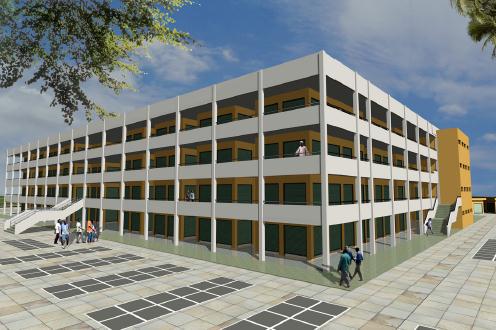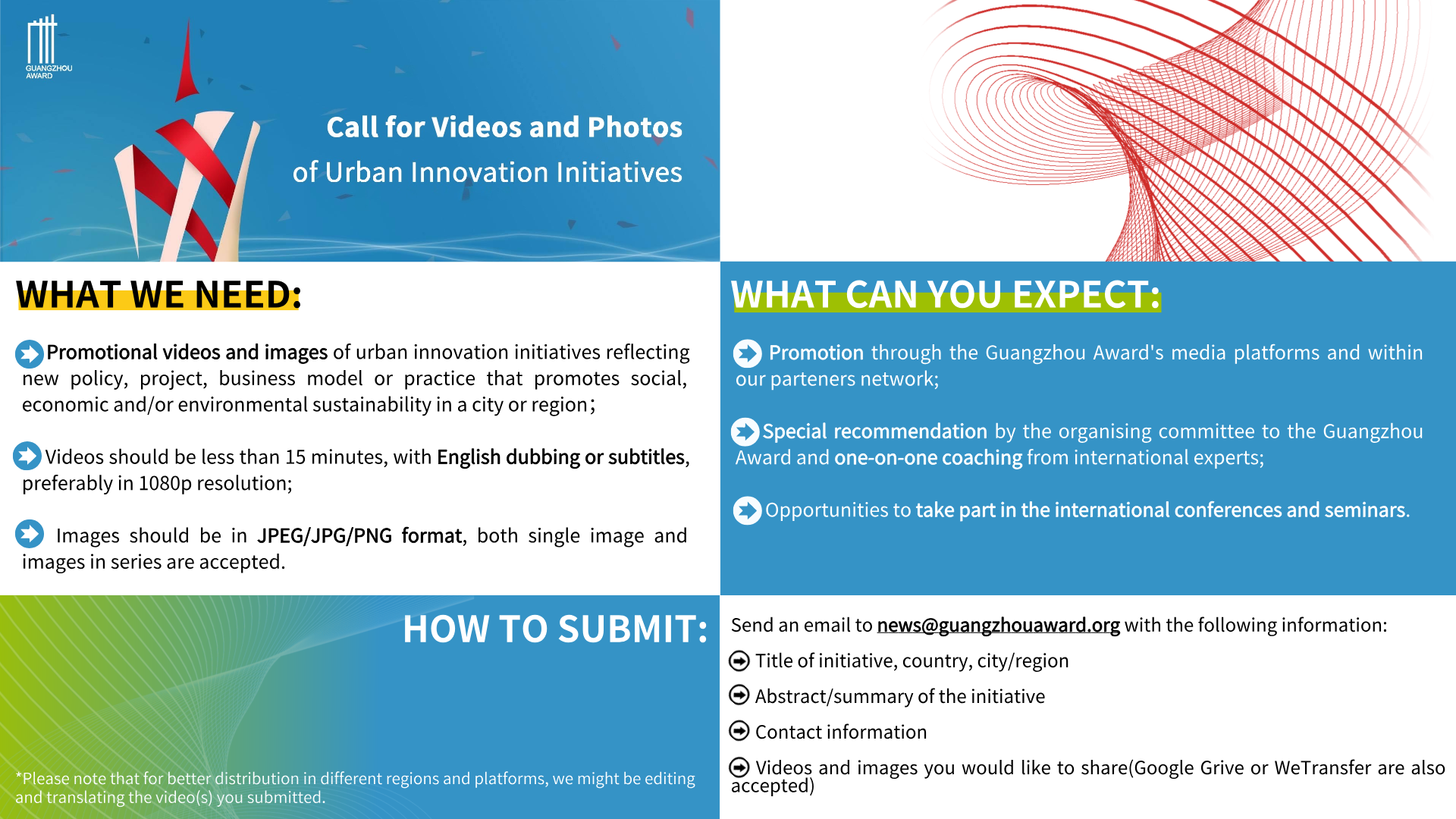Dakar, Senegal
Municipal Finance Program

Comments from the Technical Committee
With the rapid growth of its urban population, a majority of Dakar's people engage in informal jobs. There was a pressing need for a central market place to accommodate its street vendors so as to improve their social and economic situation and to provide more convenient and hygienic conditions for consumers.
To finance the project, Dakar decided to access capital markets. Not only is it the first city to do so in sub-Saharan Africa (outside South Africa), it is also one of the few cities in a developing country to do so without the benefit of full guarantees from the central government. It enlisted financial and technical support from a wide range of organizations including the Bill and Melinda Gates Foundation, the World Bank, the United States Agency for International Development and Cities Alliance. A total of $40 million was raised for the project; equally important, the city now has access to a new financing mechanism to achieve its development goals.
With this breakthrough, there is now a precedent for other cities across Africa to benefit from lower transaction costs and lower credit terms as well as less skepticism from investors as they seek mainstream sources of finance for their respective capital projects.
Background Information
Facing rapidly increasing urbanization (more than 3 percent per year), a growing deficit in infrastructure and urban facilities, and a limited annual budget (approximately $75 million annually), Dakar’s leadership was desperately seeking an alternative financing tool to meet its long-term development goals.
Under the leadership of the Municipal Council of Dakar, the Dakar Municipal Finance Program (DMFP) has been developed to enable Dakar to gain access to capital markets for its investment needs.
Goals of the Initiative
Through the launch of a bond to build a strategically-located marketplace for relocated street vendors, DMFP’s central project will have a direct impact on the lives of 6,000 households (around 35,000 people). With the engagement of other private and public parties, especially the financial assistance of the Bill and Melinda Gates Foundation ($5.5 million over four years) and the United States Agency for International Development ($1 million), the DMFP was able to mobilize $40 million on the financial markets to fund this project with substantial benefits for informal sector vendors and the citizens of Dakar.
Innovation for the Initiative
Although there is a global tradition of bond issuance to fund capital-intensive projects, the DMFP is the first case of a bond issue for a city in sub-Saharan Africa (outside of South Africa) that is implemented without the full guarantee of the central government. This involved innovations on several fronts including: complying with the strict accountability and transparency demands of the bond market; experimenting with a new fund-raising tool; planning and building a new central market with guaranteed access by poor street vendors in a strategic location; and not least, building the capacity within city hall to become creditworthy through good governance, sound financial management and public participation.
Outcomes and Assessments
Because of the novelty of the bond issuance process, the DMFP has enabled the leadership of Dakar to enhance its strengths in the following ways:
•amplifying the voice of the urban poor through the institutionalization of the public participation process;
•developing a long term strategic plan;
•developing a comprehensive communications campaign to disseminate the city’s strategic plan and to encourage investment in the future of the city through the purchases, on a retail basis, of bonds at primary issuance;
•building capacity through intensive training in financial management, transparency and good governance;
•purchasing technology for enhanced financial tracking and budget forecasting.


 test
test Urban Innovation in China | Hainan: Transforming Mangroves into “Golden Groves”
Urban Innovation in China | Hainan: Transforming Mangroves into “Golden Groves” In Focus | Empowering the “She” in the Family
In Focus | Empowering the “She” in the Family In Focus | The World Earth Day: Planet vs. Plastics
In Focus | The World Earth Day: Planet vs. Plastics




















 Tel: +86 20 3780 4434
Tel: +86 20 3780 4434 Email: info@guangzhouaward.org
Email: info@guangzhouaward.org Address: Rm 1609, FuLiXinTianDi, No.307 Guangzhou Dadao Zhong, Yuexiu District, Guangzhou, Guangdong, 501600, PRC
Address: Rm 1609, FuLiXinTianDi, No.307 Guangzhou Dadao Zhong, Yuexiu District, Guangzhou, Guangdong, 501600, PRC




